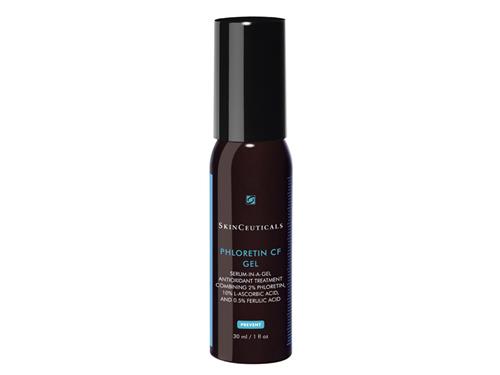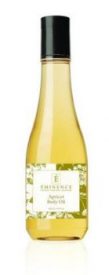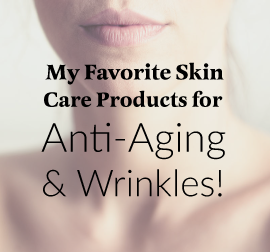Problems with brown spots, melasma, “bleaching” creams and hydroquinones?
Many, many women and men worldwide use “bleaching” creams to try to lighten pigment on the face, or even other parts of the body.
What are “bleaching” creams?
First, none of them really “bleach” anything. I know that sounds weird, but when you bleach something in the wash, it means you are putting on something that lifts out the existing stain from your shirt, for example. That isn’t how skin “bleaching” creams work.
Skin bleaching creams work by preventing the pigment making cells (melanocytes) from making more melanin temporarily. Then……the brown color that you see on your skin, is gradually moved up the outer layer up the skin (the epidermis). It just gets shed with the natural shedding of the dead outer layer (stratum corneum). Kinda of like a snake sheds it’s scales when it molts.
Because the “bleaching” cream is keeping your skin from making more brown color, the problem gradually fades and sometimes goes away.
Why do bleaching creams not always work?
Well, this is complicated, but I’ll try to make it simpler:
- The hydroquinone based skin creams are the most effective, unless you are allergic to them. In your case, it sounds like it was working at first, because the area was lightening. Then it turned brown again. It’s very unlikely that you have ochronosis unless you’ve been using high concentrations of hydroquinone for a long time.
- Many people become allergic to hydroquinones. When that happens, the skin doesn’t always turn pink/red first and then start to itch. Often, the skin just turns brown again, and it’s often worse than the original problem. That’s why it’s a good idea to see your doctor right away with a problem with a hydroquinone, and stop using it until the appointment. You may need a prescription cream to treat the allergy.
- Hydroquinones don’t work well unless used with a lot of high zinc sunscreen. 18-20% zinc sunscreen is good. The better ones blend in well to the skin. The cheaper ones often look white on the face. And double layering over the brown area is even better. Wearing a brimmed hat outside is key also.
- Non hydroquinone bleaching creams. These usually combine various plant based lightening extracts. They are more gentle and cause fewer (but not zero) allergies to them. They are at least an option for those who don’t want to or can’t use hydroquinones. Unfortunately, as of this writing, none work quite as well as the hydroquinones.
In the U.S., hydroquinones are available in the drugstore in 2% and 4% by prescription only.
Here are some more of my answers to questions about hydroquinones.
I hope this helps, Dr. I
For my favorite skin care products related to pigment problems and melanoma, see my picks on my shop here.















